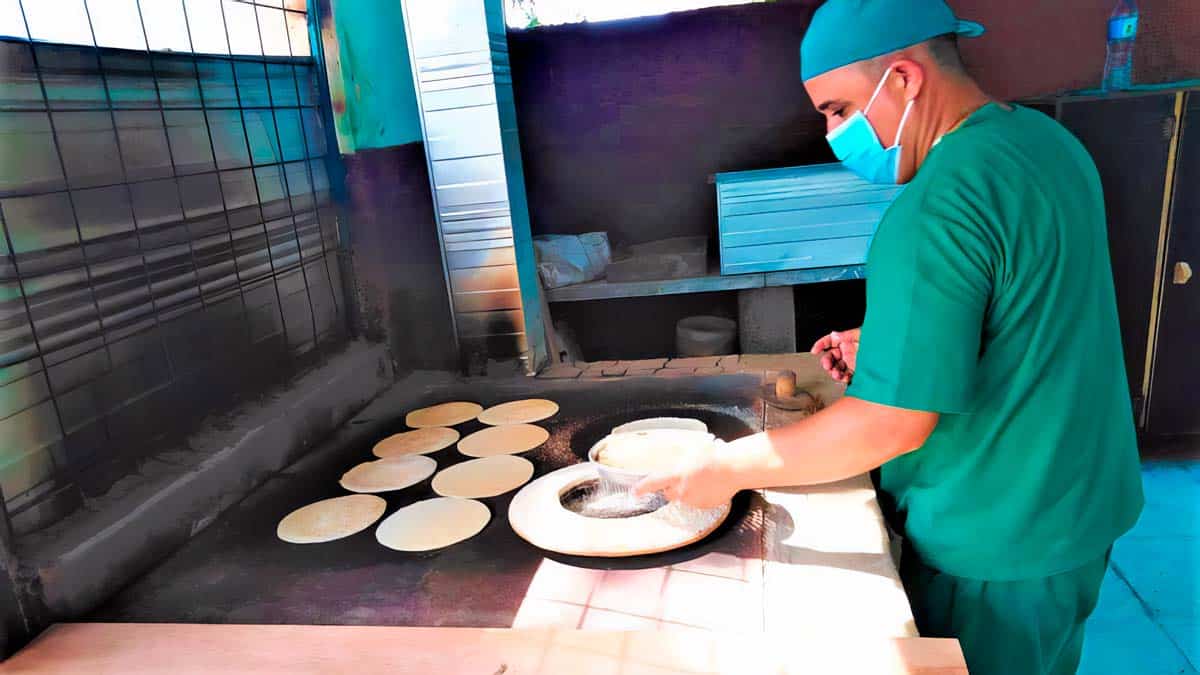Casabe in Search of Recognition as Intangible Heritage of Humanity

Cuba, along with several Latin American countries, has submitted a request to the United Nations Educational, Scientific and Cultural Organization (UNESCO) for casabe to be declared an Intangible Heritage of Humanity.
The initiative, led by the Dominican Republic, seeks to highlight the cultural value and history of this traditional food in the Caribbean region.
Casabe, a thin bread made from cassava, was a fundamental part of the diet of the indigenous peoples of the Caribbean region.
Cuban experts emphasize the importance of casabe as an element of cultural resistance in the country’s history, as during the wars of independence, this food was crucial for the pro-independence troops on the battlefield.
Angel Michel Aleaga Hung, a specialist from Cuba’s National Council of Cultural Heritage, mentioned in an interview with the state-run press that casabe “is still alive” in several regions of the country, such as Camagüey and the eastern provinces.
In spite of being forgotten in other areas, its production process has been maintained thanks to men and women who have safeguarded the technique, using handmade instruments and natural materials.
The promotion of casabe consumption in Cuba also responds to the shortage of wheat flour in the country.

The Cuban government has promoted the production and consumption of this food as a healthy and sustainable alternative, which does not harm the environment and contributes to the economic livelihood of the producing communities.
The objective of this initiative is to seek greater visibility and protection for the traditions associated with the production and consumption of casabe.
If recognized as an Intangible Heritage of Humanity, this food would not only receive the international recognition it deserves but would also contribute to preserving and disseminating the cultural legacy of the Caribbean region for future generations.






